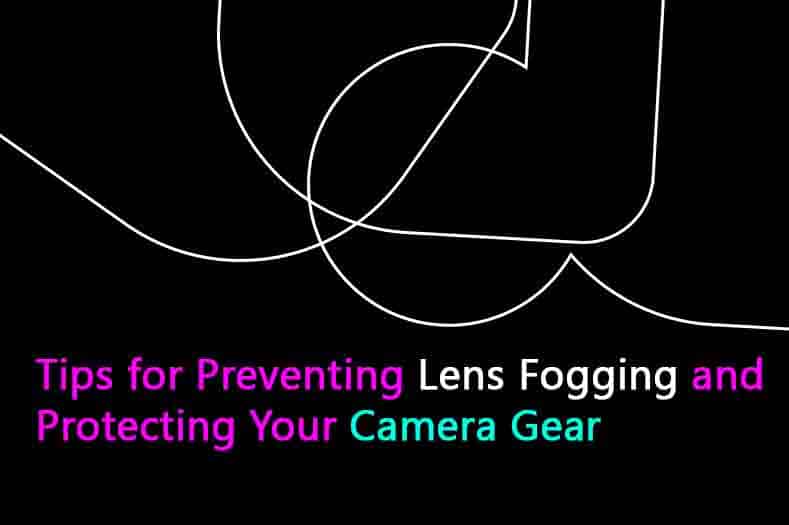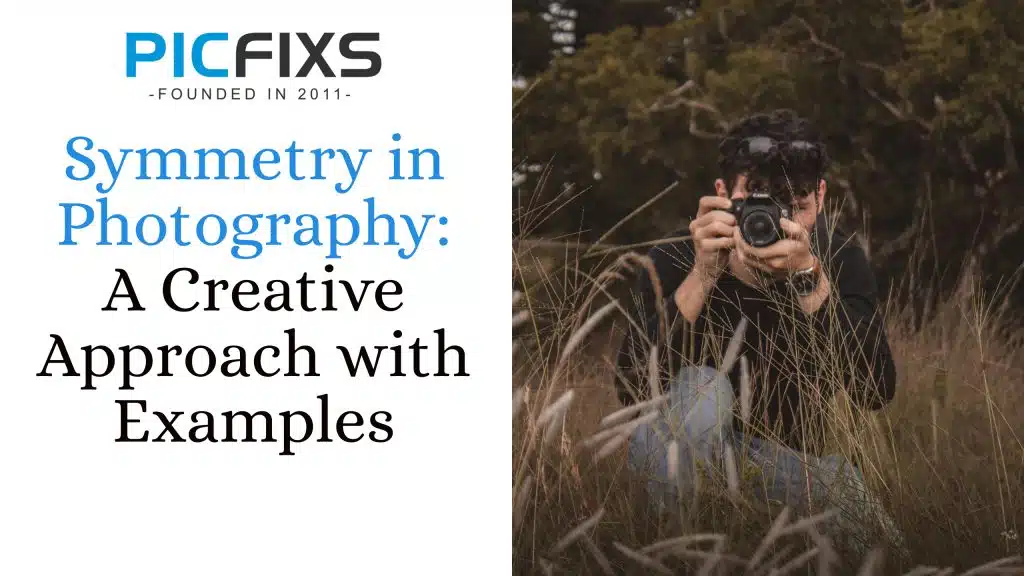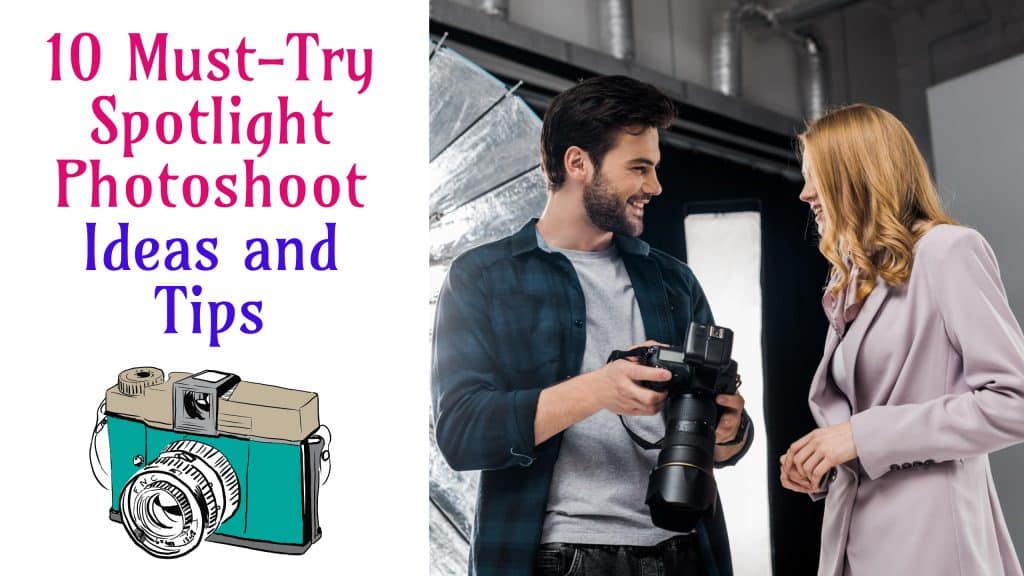Photography is a captivating art form that often requires the perfect shot in various environments. One common challenge photographers face, especially in diverse weather conditions, is lens fogging. Foggy lenses can not only hinder the quality of your shots but can also potentially damage your valuable camera equipment.
In this comprehensive guide, we’ll explore practical tips to prevent lens fogging and safeguard your lenses, ensuring clear and stunning photos in any situation.
Understanding lens fogging
Before delving into prevention methods, it’s essential to understand why lens fogging occurs. Lens fogging happens when warm, moist air comes into contact with a surface that is cooler than the air temperature.
This temperature difference causes condensation, leading to the formation of tiny water droplets on the lens surface. Foggy lenses not only result in blurred images but can also damage the lens coating over time.
Tips for preventing lens fogging
Acclimate your gear
Before moving from one environment to another with a significant temperature difference, allow your camera and lenses to acclimate. Keep them in their bags or cases to gradually adjust to the new temperature and humidity.
Use anti-fog solutions
Apply anti-fog solutions or lens coatings designed to minimize condensation. These products create a hydrophobic barrier that repels moisture, keeping your lens clear. Ensure that the solution is compatible with your lens coatings.
Keep your camera gear warm
In cold weather, keep your camera gear warm by using camera covers, thermal camera bags, or even hand warmers. This helps prevent the formation of condensation when transitioning between warm and cold environments.
Invest in lens hoods
Lens hoods not only shield your lens from direct sunlight and unwanted flares but also provide a degree of insulation. They help maintain a more consistent temperature around the lens, reducing the likelihood of fogging.
Maintain proper ventilation
Ensure proper ventilation in your camera bag or case. Use bags with breathable materials or leave small openings to allow air circulation. This helps prevent the buildup of moisture around your camera gear.
Utilize silica gel packets
Place silica gel packets inside your camera bag to absorb excess moisture. This is especially useful in humid environments or when shooting in areas prone to sudden changes in temperature.
Store equipment properly
When not in use, store your camera and lenses in a cool, dry place. Avoid leaving them in environments with extreme temperatures or high humidity levels, as this can contribute to lens fogging and potential damage.
Control breathing around the camera
Be mindful of your breathing when using the camera, especially in cold conditions. Try to avoid breathing directly onto the lens or viewfinder, as the warm breath can contribute to condensation.
Prevent moisture inside lens caps
Before putting on lens caps, ensure that both the front and rear lens elements are dry. Moisture trapped inside the caps can transfer to the lens when attached, causing fogging.
Invest in weather-sealed equipment
Consider using weather-sealed camera bodies and lenses for added protection against moisture. While not foolproof, weather-sealed gear provides an extra layer of defense in challenging conditions.
Use lens filters
UV or protective filters can act as an additional barrier between your lens and external elements. They can help minimize the impact of moisture and provide an extra layer of protection.
Frequent lens checks
Periodically check your lenses for any signs of fogging or condensation during a shoot. Catching it early allows you to address the issue before it affects the quality of your photos.
Avoid sudden temperature changes
Minimize abrupt changes in temperature whenever possible. If moving from a cold to a warm environment or vice versa, take gradual steps to allow your gear to adjust.
Use lens wipes
Carry lens wipes in your camera bag for quick cleaning in the field. These disposable wipes can help remove moisture and smudges from your lens, ensuring clear shots.
Conclusion
Capturing memorable moments through photography is a rewarding experience, but it comes with the responsibility of protecting your valuable camera equipment. Lens fogging is a common challenge, but with the right precautions, you can minimize its impact and safeguard your lenses.
Whether you’re shooting in diverse weather conditions or transitioning between environments, these tips will help you maintain clear vision and protect your gear, ensuring that your photographic journey is filled with stunning and uncompromised images.







